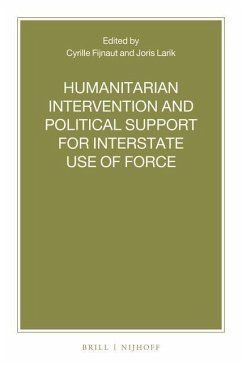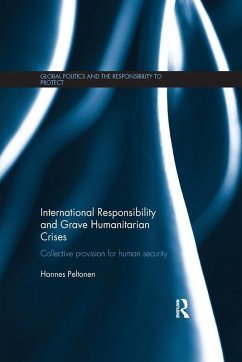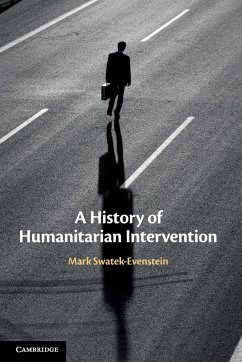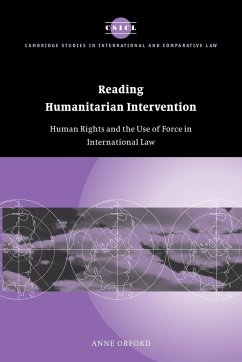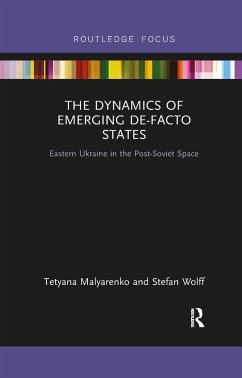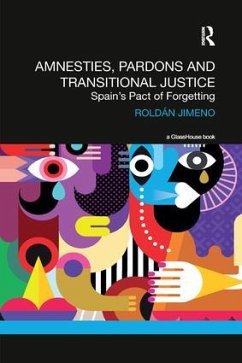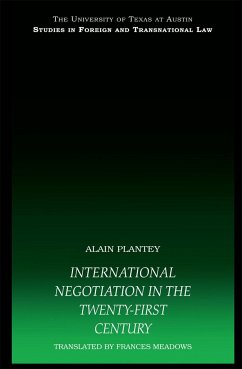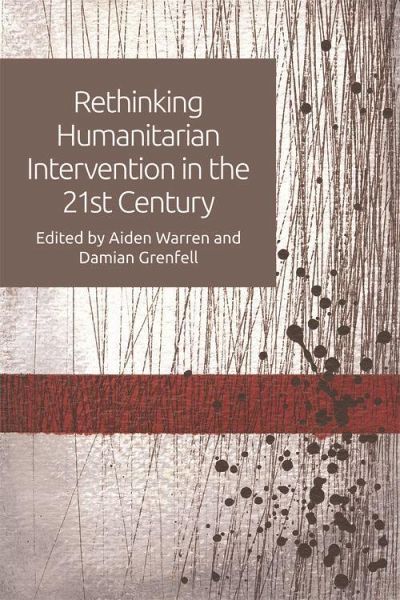
Rethinking Humanitarian Intervention in the 21st Century
Versandkostenfrei!
Versandfertig in über 4 Wochen
40,99 €
inkl. MwSt.

PAYBACK Punkte
20 °P sammeln!
Examines the complex ethics and politics of humanitarian intervention Since the Cold War, humanitarian interventions have transitioned through a range of stages. These 13 essays focus on the challenges associated with interventions, conflict and attendant human rights violations, unmitigated and systematic violence, state re-building, and issues associated with human mobility and dislocation. Each chapter is linked to the rest through three defining themes that permeate the book: the evolution of humanitarian interventions in a global era; the limits of sovereignty and the ethics of interventi...
Examines the complex ethics and politics of humanitarian intervention Since the Cold War, humanitarian interventions have transitioned through a range of stages. These 13 essays focus on the challenges associated with interventions, conflict and attendant human rights violations, unmitigated and systematic violence, state re-building, and issues associated with human mobility and dislocation. Each chapter is linked to the rest through three defining themes that permeate the book: the evolution of humanitarian interventions in a global era; the limits of sovereignty and the ethics of interventions; and the politics of post-intervention: (re)-building and humanitarian engagement. Key Features 1. Incorporates case studies including Kosovo, Timor-Leste, Syria, Libya and Iraq 2. Examines the complex issues of the morality and legality of international interventions; non-military interventions (sanctions and aid); humanitarian intervention and Responsibility to Protect (R2P)



